The Computer Science for ALL Movement Announces ‘2030 Goals’
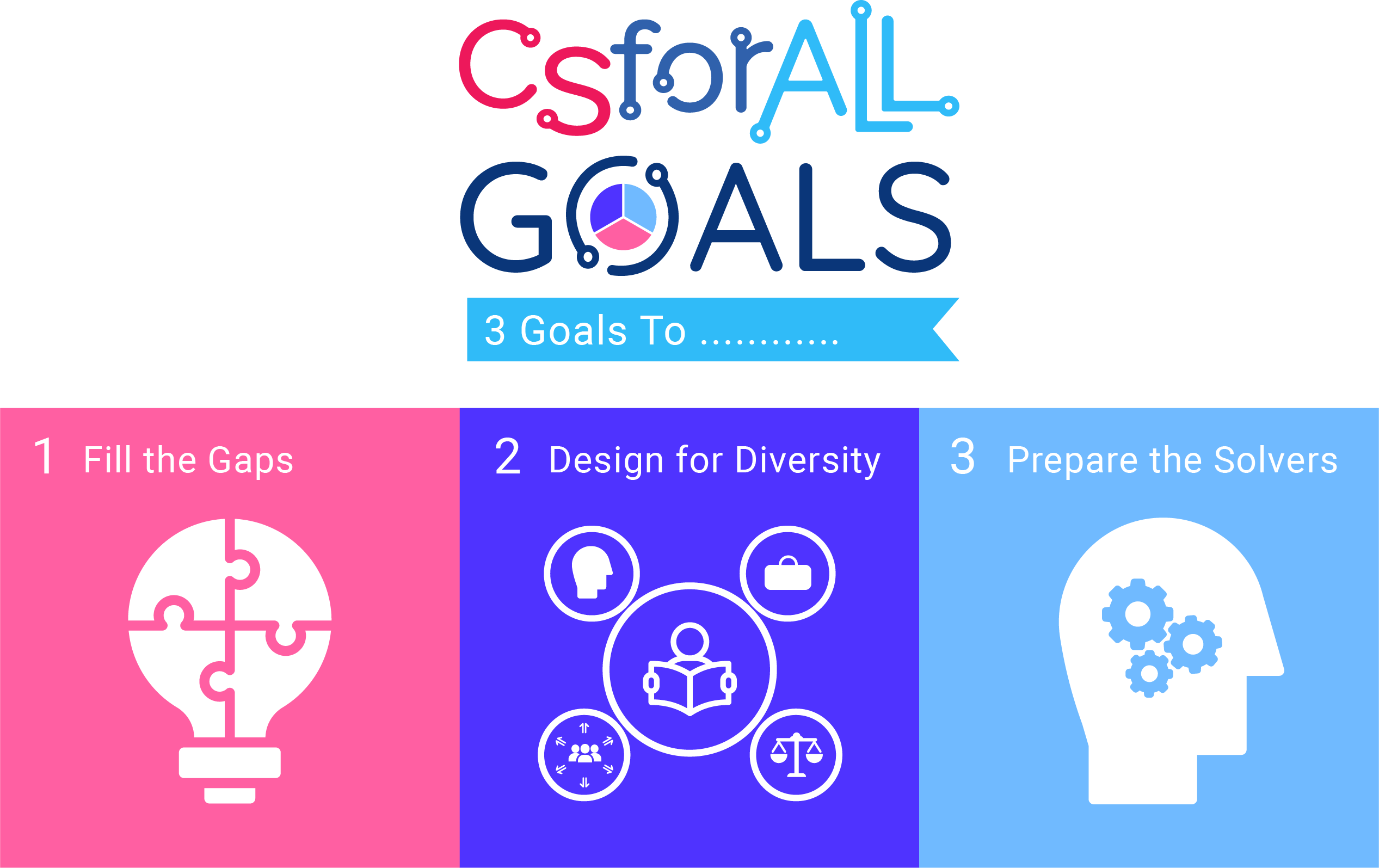
CSforALL has put forth three goals to inspire the movement to adopt, guide, and measure computer science education efforts
With hundreds of organizations, education programs, government agencies, and individuals working towards a common mission of creating high-quality computer science education for the 56.6 million students attending elementary and secondary schools in the United States, now is the time to ask the question how are we doing, and what are the goals for this decade?
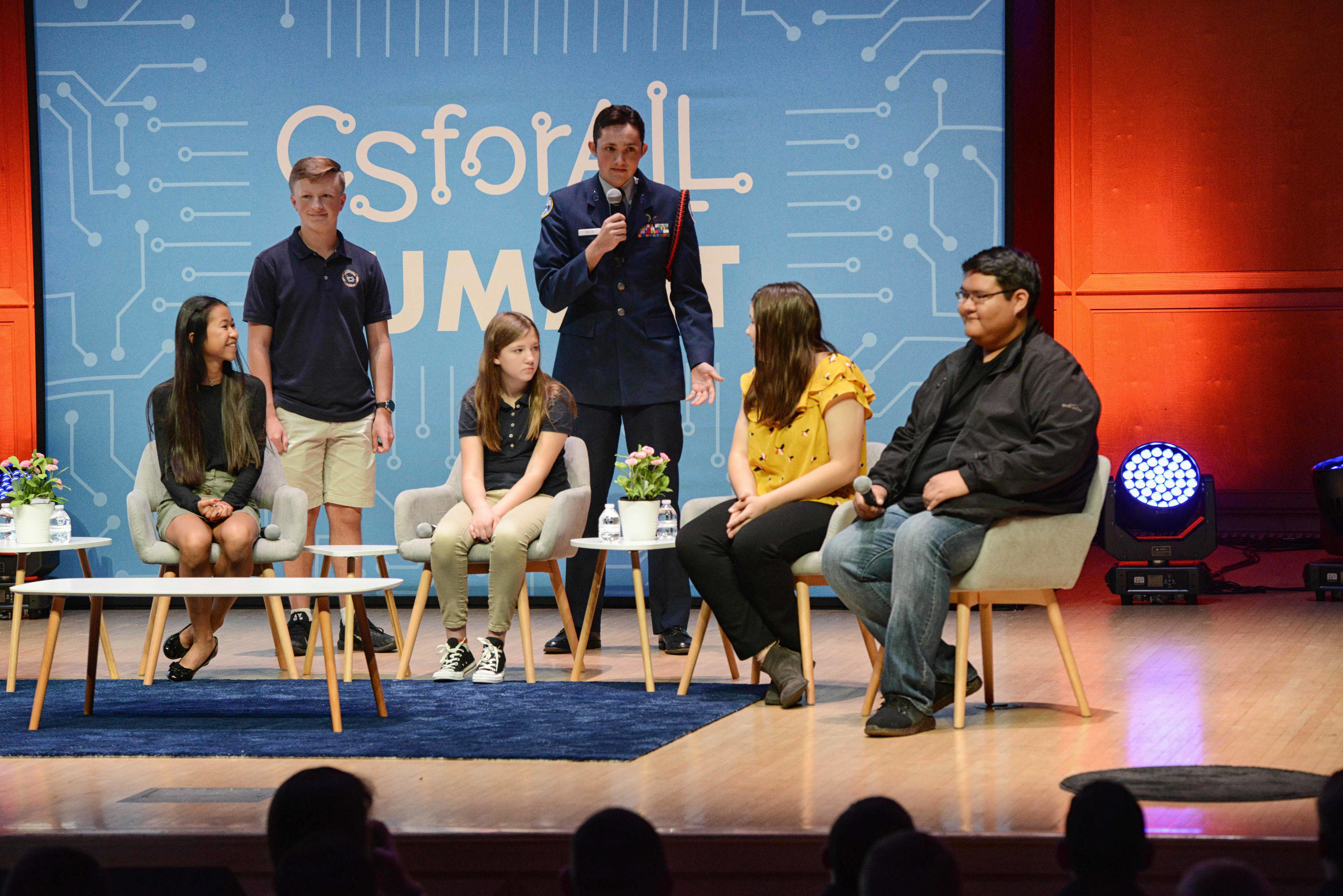
Over the past decade, the Computer Science for ALL (CSforALL) community embarked on one of the biggest education movements in history.
- Through teacher advocates and researchers, the CS education effort profoundly started trending upward throughout the U.S in the early 2010s.
- National stories and case studies revealed wide gaps of access and equity in computer science, and the public started building, highlighting, and promoting a Computer Science movement.
New York City, San Francisco, and Chicago were among the first cities to identify CS education as a high priority initiative for all students.
- CSforALL grew out of CSNYC, and since the founding in 2013, CSNYC
- Grew from hundreds of students in computer science classes, to over 160,000 students taking computer science in NYC public schools this year alone.
- Millions of students have participated in CS engagement activities.
- Hour of Code has connected more than just a national community; it has also spread to the global community of more than 180 countries, centering on the entertaining, artistry, and educational influence of CS.
- The community has worked hard to define rigorous standards and outcomes that are focused on more than just access or broadening participation, but also include equity and inclusion.
We, CSforALL, as an organization see this decade as the most important yet, and we challenge the larger expanding CSforALL community to adopt, guide, and measure their CS mission and work in furtherance of the ‘2030 CSforALLGoals’.
The 2030 Computer Science for ALL Goals:
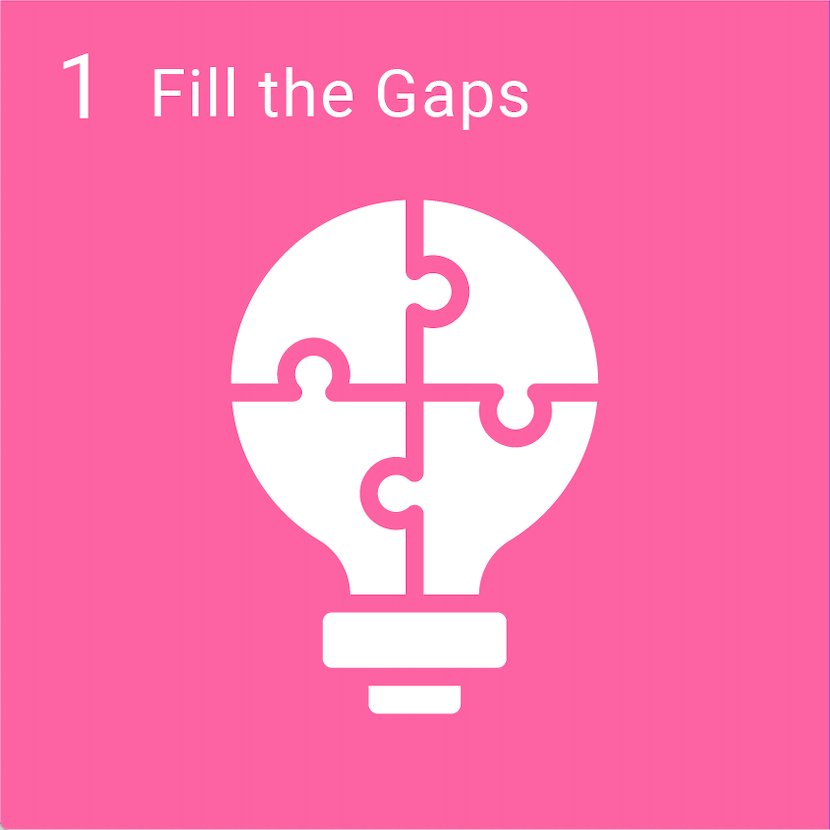
Close the Gaps - Identify, Name, and Close CS Gaps
Education in the United States has experienced a history of gaps - gaps in access, gaps in quality, gaps in participation, and gaps in achievement. Computer science field also suffers the same gaps. However, as an innovative and progressive movement, we have the opportunity to bridge ethnicity, community, socioeconomic, disabled, religion, etc., by integrating high-quality computer science education.
CSforALL challenges the CS education community, in the next ten years, to identify, name, and work to close the gaps. We challenge the CS education community to look for the root causes of these gaps, and we challenge the CS education community to develop interventions, resources, programs, tools, and policies that address and close the gaps.
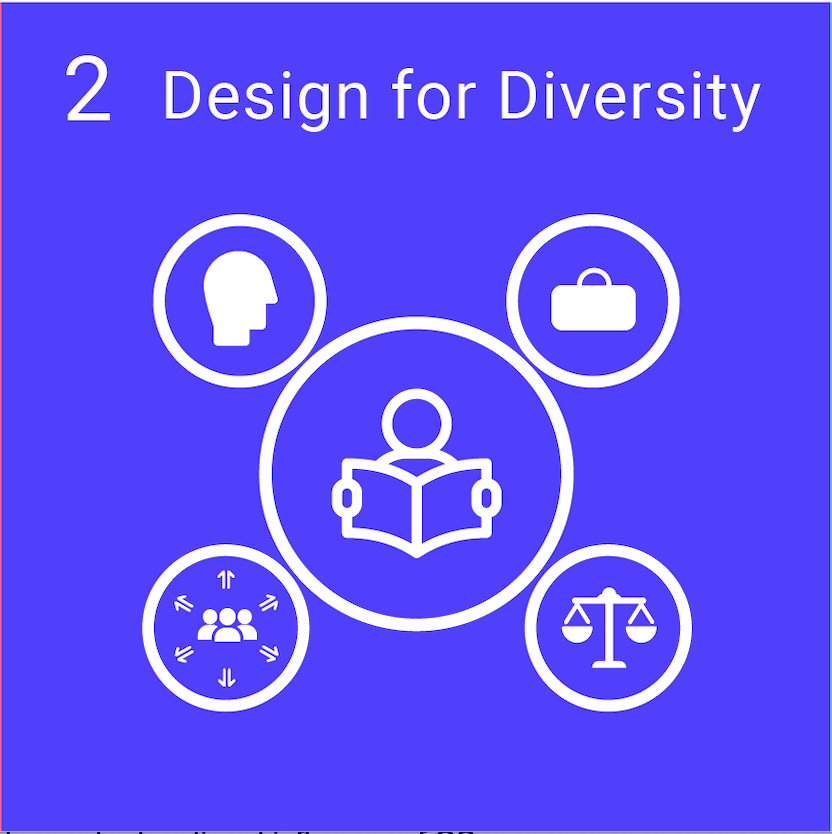
Design for Diversity - Design from the Beginning
Realizing true equity is not solely a response to inequity, but requires intentionality from the beginning. As a CSforALL community we must remember that systems are uniquely designed to produce the outputs they eventually get. With so many different elements to consider in the diversity “system” design - diversity of people, diversity of careers, diversity of competencies, diversity of values - beginnings matter.
Students are still leaving K-12 education under-prepared for the realities of 21st century work. It is truly unacceptable that the students we want to reach often have more hurdles just to participate. How is this still happening? It comes down to system design. When systems aren’t designed with “all” in mind, deviation in student success will occur. If the CSforALL community truly wants to change the nature of technology, the movement must start a new, design for diversity from the very “beginning”.
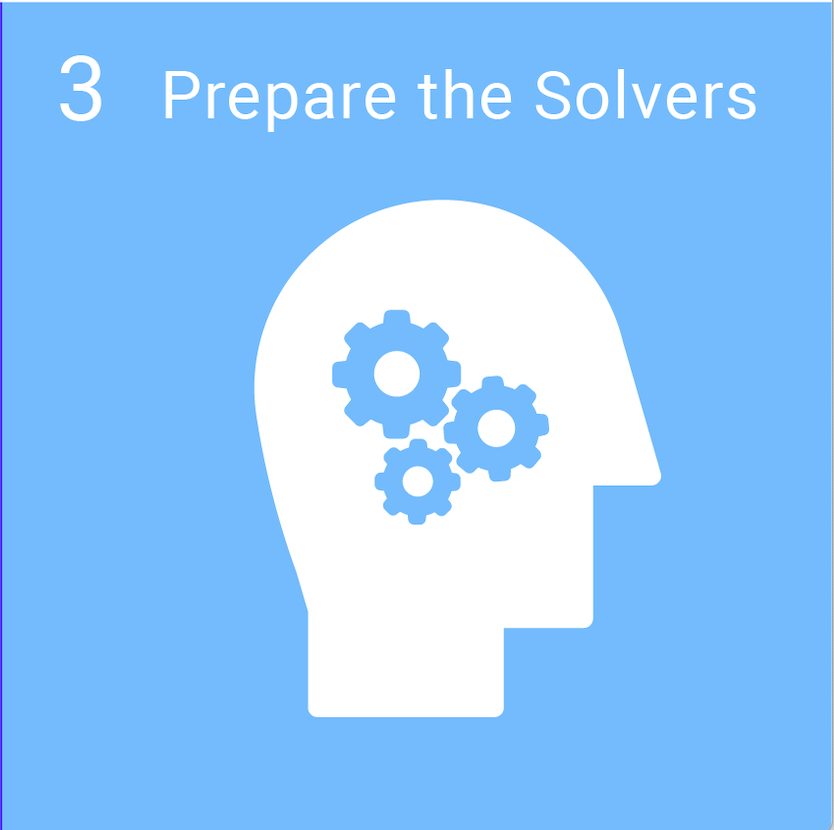
Prepare the Solvers - Problem Solvers Not Process Followers
The incoming generations of workforce already see that jobs today are quickly becoming automated and requiring less human manpower to complete, and it is our job to prepare them for more than rote repetition. Our society has beaten the drum to our youth of the importance of becoming creators, however, that directive may not be satisfactory. In doing so, our society is limiting the value, the ethical, and the humanity side of both creativity and solving problems. The future of computer science education, a fundamental literacy, will need to shift from simply feeding a diverse pipeline of software to creating these “problem solvers”.
Often industries and post-secondary institutions discuss the “soft skills” needed for students to become successful after K12 education. These critical skills are centered around problem solving, and these problem solvers - soon to be professionals - will work to improve systems across a variety of fields. They will need to work in multidisciplinary fashion with teams to build and communicate solutions, and also work to test and refine solutions in our ever-changing world.
These three goals are to create action within the Computer Science for All movement, for stakeholders to adopt the goals into their mission, and to encourage individuals, organizations, and communities to substantially stride towards a more filled, diversited, and prepared computer science for all movement
Stay tuned for our next big 2030 CSforALLGoals announcement. Follow and join our conversation #CSforALLGoals.

